Garba Shehu, senior special assistant to the president on media and publicity, says the administration of Barack Obama, former president of the United States, failed to give Nigeria the required support in the fight against insurgency.
The Obama administration had given $35 million worth of military and defence support services to Chad, Niger and Mali but excluded Nigeria over alleged human rights abuse.
Speaking with journalists at Blair House, Washington DC, on Sunday, Shehu noted that the meeting between Trump and Buhari will centre on security, especially on the fight against insurgency.
He said the relationship between Nigeria and the US recorded remarkable improvement since the emergence of Trump.
Advertisement
“No matter how Nigerians take our own country, this is hugely an important country and this recognition is being manifested in this visit,” he said.
“It is important to know that beyond the symbolism of the visit, the important matters affecting both countries will be placed on the table when the two presidents meet. We have the understanding that the two delegations have their agenda clearly spelt out and there will be interest and focus on the matter of security and safety, focus on trade and investment and focus on democratic development in our country.
“Cooperation between the two countries have manifestly increased under the Trump’s presidency. If you recall sometime back, the president had reason to openly complain that we were not receiving as much as we thought we deserve in terms of support and cooperation, especially in our fight against terrorism back then during the Obama period.
Advertisement
“Interestingly, a lot of obstacles are being removed under the Trump’s presidency; doors are being opened. We are receiving far more support than most people had expected.”
1 comments
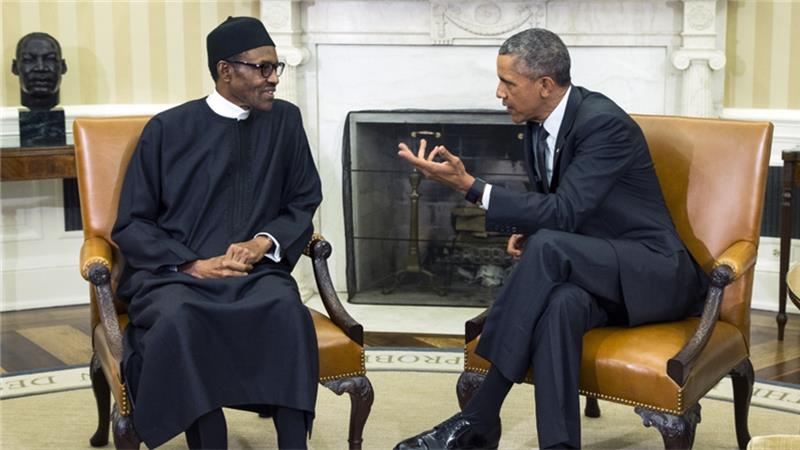
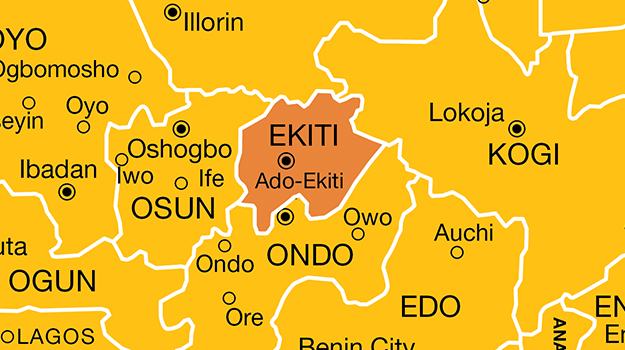
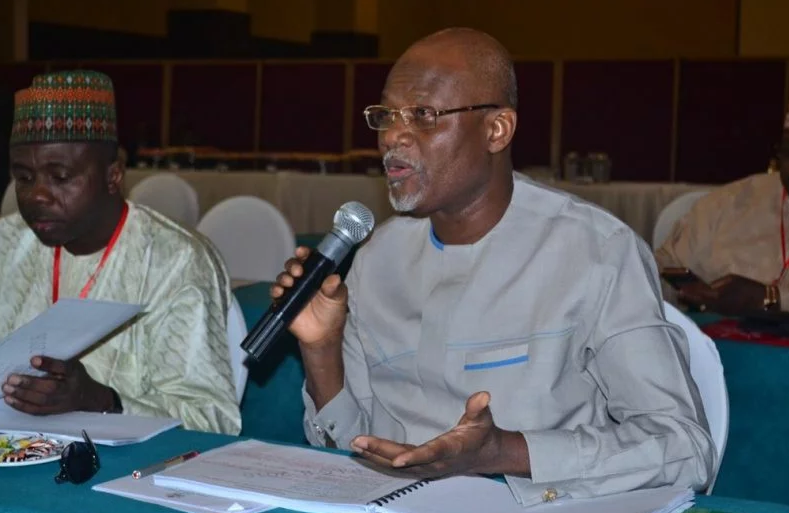
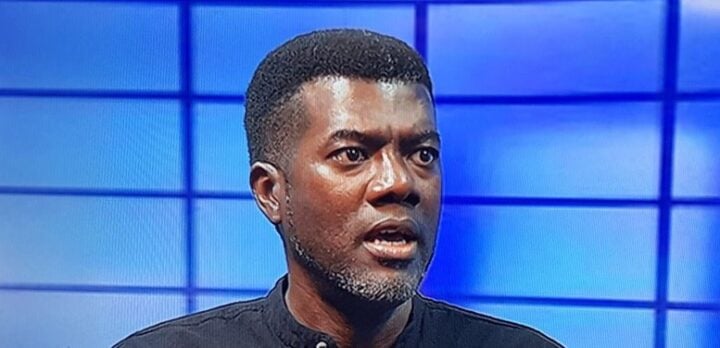

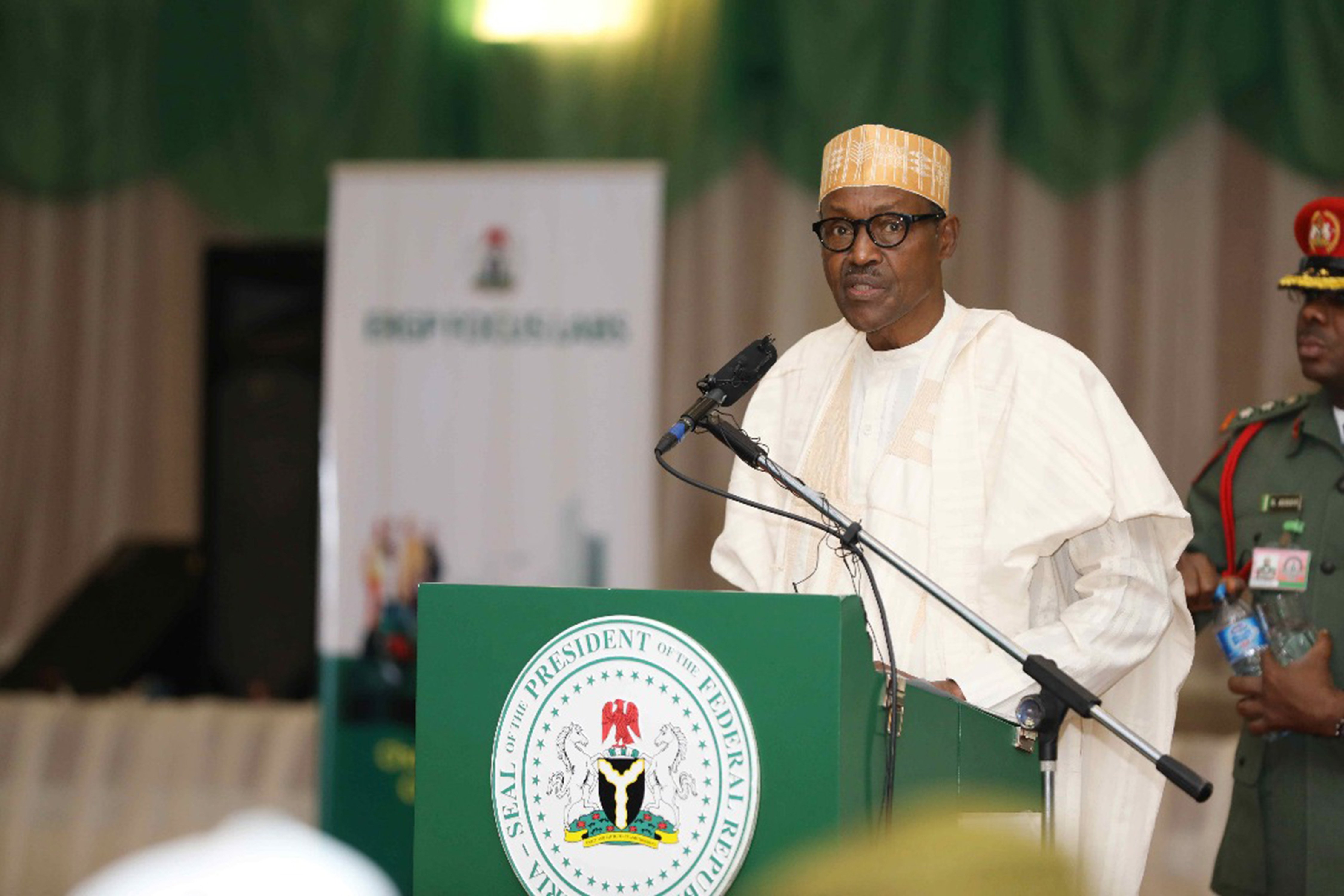
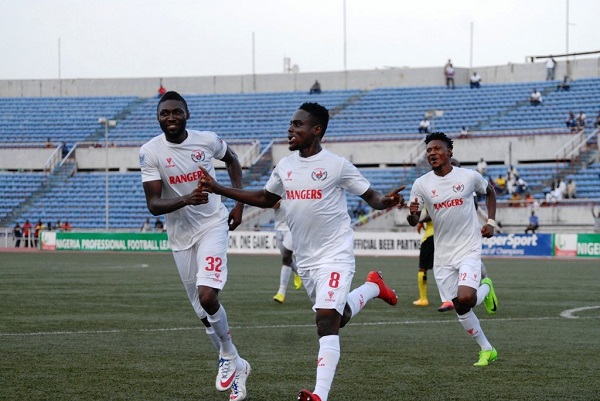
How God, US made me — Buhari – Vanguard News
3 years ago
Among the former classmates gathered were Lt. General Granrud (Commander of the U.S. forces in Japan Rtd), Brigadier General Jack Pellica, General Ronald Griffith (Former Vice Chairman of the U.S. army central command ), Colonel Lany Gordon and Colonel Paul Summerville. General Smith has since passed on, as have all the directing staff and a larger percentage of the old students from the set. “This just shows that all of us are on the queue,” President Buhari said, “waiting for our turn.”
The Nigerian Commander-in-Chief said he hoped that the U.S. would continue its tradition of training Nigerians in the war college. At the time he attended the school, he was the only African in his class. The only other foreigners were from Saudi Arabia, Jordan, Israel, Indonesia, Thailand, France and Japan. The Japanese student went on to become the head of his country’s army.
President Buhari then went on to update his classmates on his life since he last saw them: his different appointments, his accomplishments and his family. “I have just received my 13th grandchild,” he said.
He added that the wife they knew him with at the time had since died, and that he had also lost a son and a daughter from his new wife. “Of all my eight children,” he said, “only one is a boy.” Some of his former classmates were curious to know if President Buhari would place his only son, Yusuf, in the army.
“I stopped him from joining the army,” President Buhari replied.
He explained that the military he joined was very different from what it is today, adding that he was the second Nigerian to be sent to the U.S. War College—based on his records alone, without connections. “Things took a wrong turn in Nigeria,” he said. “Your records no longer mattered.”
Some of the former classmates present at the meeting stated that at the time they met President Buhari back in 1980, they knew little about Nigeria or Africa. They credited the Nigerian leader with giving them their initial enlightenment about the continent. Others recalled how he always overworked himself.
However, President Buhari described his war college experience as being responsible for his subsequent life of hard work, endurance and perseverance. “I contested for president three times and failed,” he said. “Then I did it the fourth time and won.” A roar of laughter followed the president’s apt illustration.
He then rendered his narrative of the collapse of the Soviet Union, breaking into 18 republics and how that influenced his decision to join politics.
“The collapse of the Soviet empire in 1980 without a single shot being fired convinced that the multi-party democratic system was the best for all countries.”
President Buhari then expressed appreciation to President Barack Obama and to the U.S. for the role the country played in Nigeria’s successful elections, recalling Secretary of State, John Kerry’s visit to him and to former president Goodluck Jonathan, as well as to Attahiru Jega, the electoral commissioner at the time.
Electoral commissioner
“Kerry read the riot act to all of us,” he said, “saying that the conduct of the election must be free, fair and in line with the Constitution.” He added that, without US intervention, the electoral malpractices of the past twelve years would likely have happened again. “God made me but America made me,” he said.
The Class of 1980 gave President Buhari the full assurances of their support, stating that they were willing to use their experience to assist him in any way they can, particularly with tackling terrorism in northeast Nigeria. They promised to put together and forward to him a compendium of their thoughts on the security situation in Nigeria.
In September, President Buhari will be meeting once again with his former classmates, at another event scheduled to take place at the United Nations.
Garba is the Senior Special Assistant to the President on Media and Publicity.